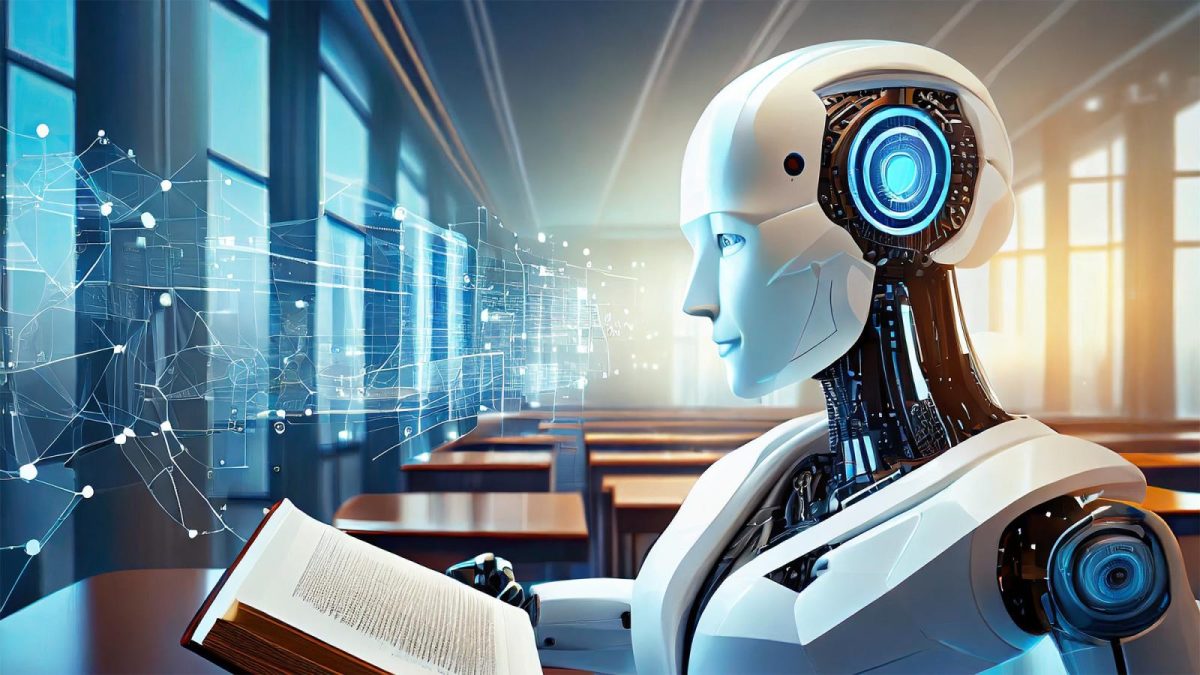Artificial Intelligence (AI) refers to computer systems or machines designed to perform tasks that usually require human thought, such as learning, problem-solving, making decisions, understanding languages or interpreting visual inputs. AI ranges from simple automation to complex systems like machine algorithms that adapt and improve over time. In a school setting, this can include tools like chatbots, programs that check for plagiarism or personalized learning platforms.
In recent years, AI has gained immense popularity due to its convenience and accessibility. Multiple software applications and social media sites have implemented AI tools, such as Grammarly, Siri, ChatGPT and Meta AI (used across Facebook, Instagram and WhatsApp). These tools are widely recognized for their user-friendly and versatile nature, catering to both casual and professional needs. Students often use them to answer questions, brainstorm ideas, write code and study more effectively.
At the University, some students have turned to AI for assistance with their academic work and personal projects. The University’s Information Technology Services (ITS) provides dedicated resources and guidelines for AI usage in educational settings. The University believes that “generative artificial intelligence acts as an amplifier of human creativity.” While encouraging responsible experimentation with generative AI tools, the University emphasizes the importance of maintaining data privacy, information security, compliance, copyright and academic integrity.
AI is being integrated into classrooms in ways that enhance learning. For example, in Philosophy courses, discussions about consciousness and moral ethics are facilitated, and AI can brainstorm ideas and prompts to help with analyses and formulate counterpoints against arguments. In Computer Science courses, AI helps students complete code, suggest improvements and detect bugs or errors. Teachers are encouraged to clearly communicate their policies on AI usage in schoolwork, and students are advised to seek clarification when needed.
The University’s Academic Integrity Code requires students to uphold honesty and ethics in their academic endeavors. Plagiarism is strictly prohibited, and proper credit or attribution must be given for material sourced from AI tools.
In courses such as New Communication Technologies and Moral Panic within the Communications and Media Studies department, instructors strongly discourage reliance on AI while drafting final papers. However, students may use generative tools during the initial stages of research to formulate ideas, for language translation, and during the final editing process. To maintain academic integrity, if a student uses AI, they must cite it appropriately.
As AI continues shaping the academic landscape, opportunities and challenges are presented. When using these generative tools responsibly, students and instructors at the University can unlock new possibilities for learning and creativity while ensuring that integrity and originality remain at the core of academic work.








